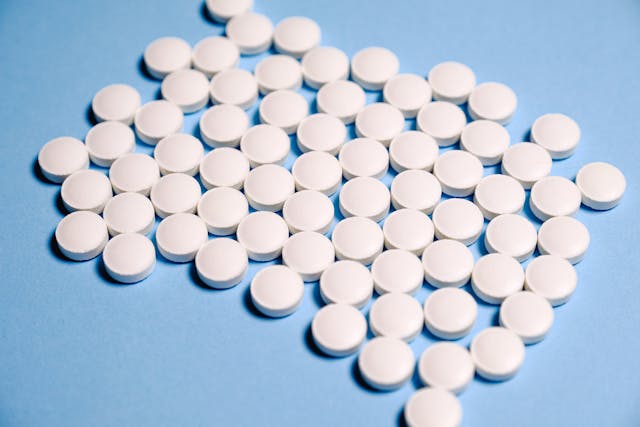If you’ve ever had a rough night of sleep, the solution to feeling better might not be a cup of coffee, but a low-dose aspirin. Researchers have found that baby aspirin, commonly taken for heart health, can help combat the harmful inflammation caused by sleep loss.
Taking aspirin can reduce inflammation in sleep deprived individuals
We’re all familiar with the groggy, irritable feeling after a poor night’s sleep. However, the effects of sleep deficiency extend far beyond crankiness. Sleep loss can trigger inflammation in the body, the same type that leads to chronic diseases.
A study in the journal SLEEP by Beth Israel Deaconess Medical Center scientists shows that a daily 81 mg dose of aspirin can significantly reduce inflammation caused by sleep deficiency, potentially lowering the risk of chronic diseases like heart disease and diabetes. This affordable solution is particularly beneficial for shift workers, new parents, and students.
The randomized, placebo-controlled trial involved 46 healthy adults in three 25-day experiments. Participants either took low-dose aspirin or a placebo while experiencing either sleep restriction (four hours per night) or maintaining an eight-hour sleep schedule, allowing researchers to isolate the effects of sleep loss and aspirin.
Aspirin lowers IL-6 and CRP levels during sleep
Results showed that participants who took aspirin had lower levels of Interleukin-6 (IL-6) and C-reactive protein (CRP) and fewer hyper-responsive monocytes during sleep restriction compared to the placebo group. This indicates that aspirin effectively reduces the inflammatory response triggered by lack of sleep, with statistically significant differences confirming aspirin’s role in counteracting sleep-loss-induced inflammation.
The study’s findings suggest that low-dose aspirin can preemptively mitigate inflammation caused by sleep deprivation. This discovery could lead to new treatments that specifically target these inflammatory pathways without the side effects of aspirin, such as bleeding and stroke.
According to lead author Larissa Engert, a postdoctoral fellow in neurology at Beth Israel Deaconess Medical Center and the division of sleep medicine at Harvard Medical School, these new therapeutics could work alongside behavioral sleep improvement therapies to better manage inflammation in individuals with sleep deficiencies.


